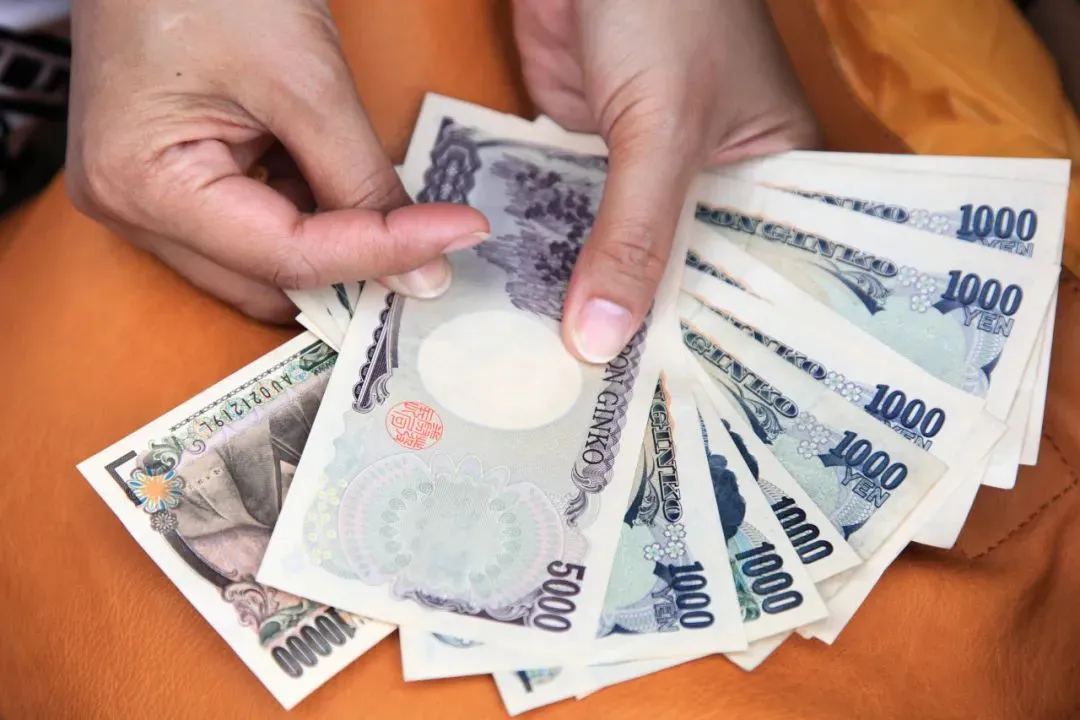The yen rebounds strongly and the dollar falls to a nearly two-month low
_ _

New users can click on "International Business Daily" to pay attention


On the 18th, the US dollar fell below 156 yen against the Japanese yen, the first time since June 12, falling to its lowest level in nearly two months, and currently falling more than 0.2% during the day. The euro fell more than 0.2% against the yen at 170.38 yen; the pound fell more than 0.2% against the yen at 202.589 yen.
The sharp strength of the yen triggered repercussions in global foreign exchange markets, with the dollar falling to its lowest level in nearly two months. On the morning of the 18th, the exchange rate of the Japanese yen against the US dollar exceeded 156 in the Tokyo market. Speculation is endless that the Japanese authorities may intervene in the currency market again.
Since the 11th, the yen has surged by about 4%. It is widely believed that central bank intervention boosted the yen exchange rate. Recently, a well-known Japanese minister called on the Bank of Japan to raise interest rates to boost the yen, and former U.S. President Trump also tended to devalue the dollar. These remarks have exacerbated fluctuations in the foreign exchange market.

Taro Kono, who is committed to becoming Prime Minister of Japan, recently emphasized the problems caused by the sharp depreciation of the yen against the US dollar, including the inflationary impact on domestic prices. Taro Kono said that while the depreciation of the yen will help boost exports, the benefits to Japan are currently limited because many Japanese companies have production facilities overseas.
This view stirred the market and made the yen move.
At the same time, Trump said in an interview that the strength of the dollar has damaged the competitiveness of U.S. exports. Markets are thus worried that if he wins the U.S. election this year, he may take action to weaken the dollar.
Other analysts believe that the dollar has been weakening because traders are betting that the dollar's recent rally is excessive.
Has the Bank of Japan indeed intervened in the foreign exchange market and will it continue to do so?
According to reports, Japan's top foreign exchange diplomat, Mizu Kanda, said,"If the yen falls excessively under the leadership of speculators, Japan does not rule out the possibility of interfering in the market. He also said there are no limits on Japan's intervention in the market."
Japanese officials have come forward many times to express similar views before, but they have since been confirmed to have intervened. The Bank of Japan's current account showed that the Japanese authorities may have spent US$13.5 billion to intervene in the yen last Friday. Recently, the Japanese authorities have been intervening in the market after the yen has approached historical highs.
Looking forward to the market outlook, the analysis believes that as the interest rate cut approaches, the US-Japan interest rate spread narrows, and the unfavorable factors of the yen are weakening. It may be difficult to break the high of 162 this year.

Text/Synthetically compiled
Edit/Sunnan
Visual / Guo Xiaoxi
Review/Vast

You are a translation expert, required to: Translate the following Chinese into English. The sentences should be fluent and grammatically correct. Just return the content. Please light up and have a look!

The label cannot be clicked during preview
